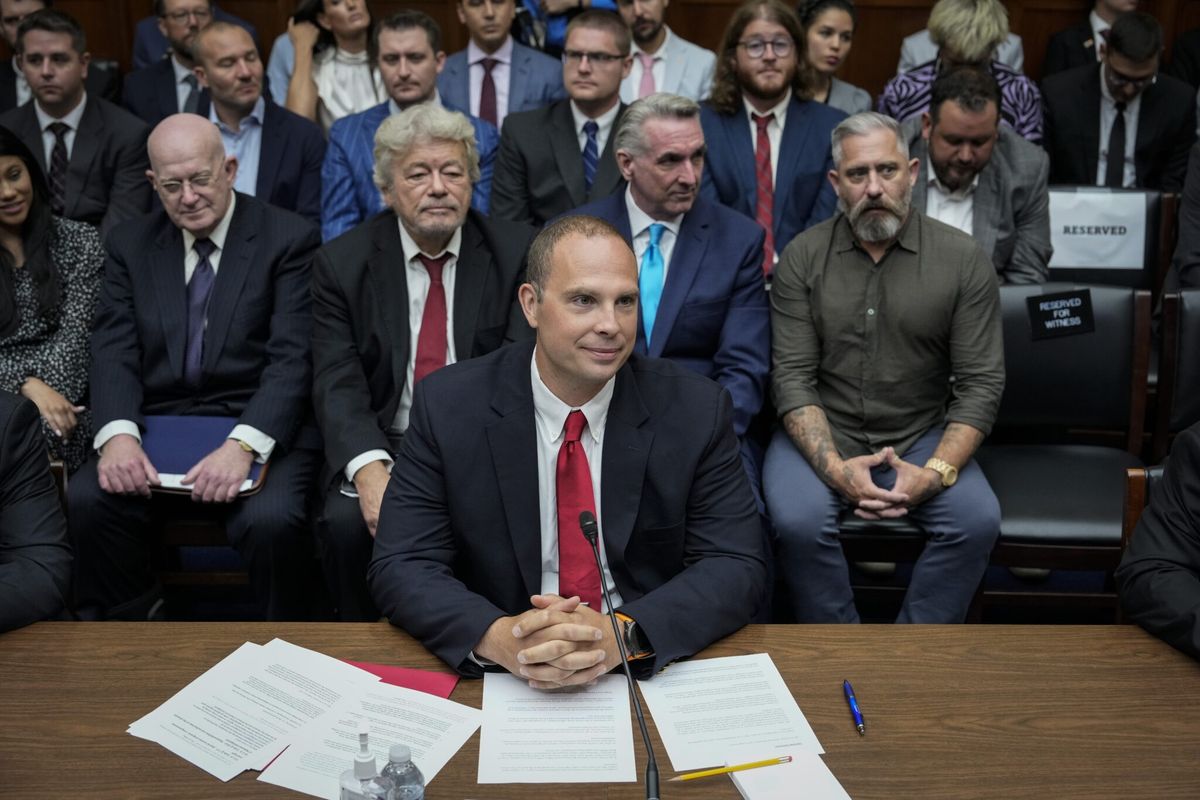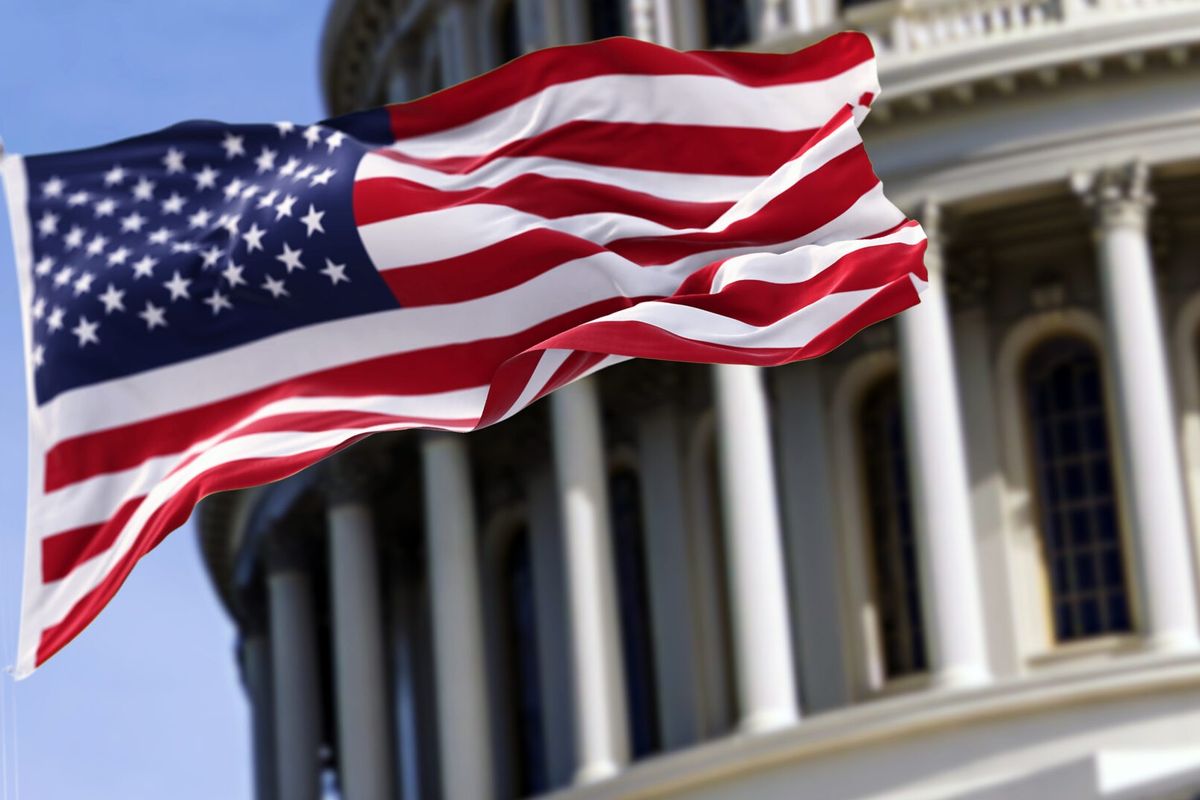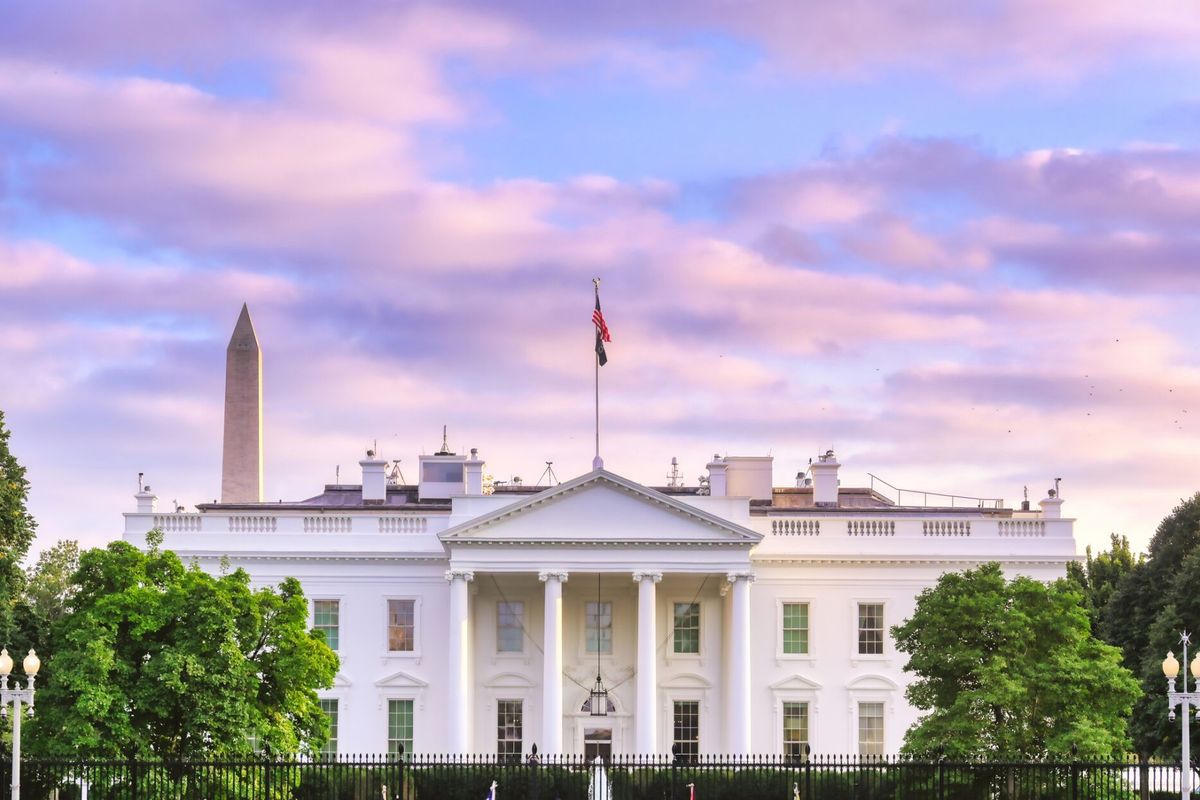CIPHER BRIEF REPORTING — Eight days after U.S. Treasury Secretary Janet Yellen told a Johns Hopkins crowd that America does “not seek to decouple our economy from China’s,” U.S. National Security Advisor Jake Sullivan is seeking to underline the point.
“We are for de-risking and diversifying,” he told a gathering at the Brookings Institution on Thursday. “Not decoupling.”
Defined as a strategic shift away from economic interdependence, U.S. Trade Chief Katherine Tai provided a similar message a week earlier. Despite spiraling US-Sino relations, decoupling from China was “not practicable,” she said, and even dangerous.
Secretary Yellen called it potentially “disastrous” — and yet also, in the same speech, signaled the possibility for more U.S. restrictions on Chinese tech investments after Beijing sanctioned Lockheed Martin and Raytheon over arm sales to Taiwan.
Economic statecraft, of course, is certainly not new.
In fact, in 2011, Secretary of State Hillary Clinton even described the marriage of foreign and economic relations as “indivisible," often employing the two liberally. And yet on Thursday, Sullivan seemed to highlight a fuller extent of just how trade and security policy with China now intersect.
After thanking the crowd for “indulging a national security advisor to discuss economics," and he talked about “geopolitical and security competition with important economic impacts.”
“Much of the international economic policy of the last few decades have relied upon the premise that economic integration would make nations more responsible and open and that the global order would be more peaceful and cooperative, that bringing countries into the rules-based order would incentivize them to adhere to its rules,” he said.
“It didn't turn out that way, in some cases.”
It's not just for the President anymore. Are you getting your daily national security briefing? Subscriber+Members have exclusive access to the Open Source Collection Daily Brief, keeping you up to date on global events impacting national security. It pays to be a Subscriber+Member.
Sullivan's comments were a stark departure from an era of closer engagement with Beijing only a few decades ago, when China ascended into the World Trade Organization – a move President Bill Clinton described as “clearly in our larger national interest,” and representative of “the most significant opportunity that we have had to create positive change in China since the 1970's.”
On Thursday, risk – rather than opportunity – seemed to dominate the discussion; a sentiment increasingly echoed in Europe.
In January, President Ursula von der Leyen, also used the term at the World Economic Forum in Davos, and said the EU needs “to focus on de-risking rather than decoupling."
"We will still need to work and trade with China,” she added, noting heavy European reliance on Chinese trade.
Months later, Sullivan acknowledged the commission president during his Thursday speech, with a similar conclusion.
“We are not cutting off trade," he noted, pointing to a wide breadth of dependence between the world's two largest economies. In fact, data released by the U.S. Commerce Department in February revealed just how much the relationship between Beijing and Washington has actually been growing. Trade soared to a record $690 billion last year, surpassing a previous record set in 2018.
Still, Sullivan noted, “ignoring economic dependencies … from energy uncertainty in Europe to supply chain vulnerabilities in medical equipment, semiconductors, and critical minerals” is “perilous.”
“These were the kinds of dependencies,” he added of China, “that could be exploited for economic or geopolitical leverage.”
It pays to be a Subscriber+Member with exclusive access to The Dead Drop, the best insider scoop on national security gossip. You're welcome.
Microchips remain a core aspect of the contention.
In recent years, the Biden administration has stepped-up actions against certain Chinese sectors, notably comprehensive export restrictions on advanced chips and the equipment needed to produce them, citing security concerns about their possible military application.
The most advanced versions of these chips are used in everything from smartphones to fighter jets to artificial intelligence, and are largely produced in Taiwan, an island under threat of a Chinese invasion.
While a U.S. re-shoring effort is underway with a handful of chipmakers vying to tap federal subsidies and create homegrown production facilities, building out such factories, attracting talent, not to mention the months it requires to produce and ship the technology, takes time.
It is a luxury some U.S. policymakers say they cannot afford.
China’s military is thought to be both modernizing and expanding at a rapid pace, having already surpassed the U.S. Navy in total size in 2015, with aims to fully modernize by 2035. Further development, however, may in part hinge on chip technology, which has become increasingly difficult to both acquire and produce in light of U.S trade restrictions.
Sullivan stressed that such restrictions remain limited nature, which “will remain narrowly focused on technology that could tilt the military balance,” though repeatedly emphasized that such controls did not constitute decoupling.
And yet not everyone seems allergic to the term.
Earlier this month, following a California meeting with U.S. lawmakers, which included Apple Chief Tim Cook and Disney CEO Bob Iger, and which was meant to provide insights from companies operating in both countries, Rep. Mike Gallagher, chairman of a House committee on US-China competition, reportedly said that “some form of selective economic decoupling is inevitable.”
By Cipher Brief Deputy Managing Editor David Ariosto
Read more expert-driven national security insights, perspective and analysis in The Cipher Brief because National Security is Everyone’s Business.













